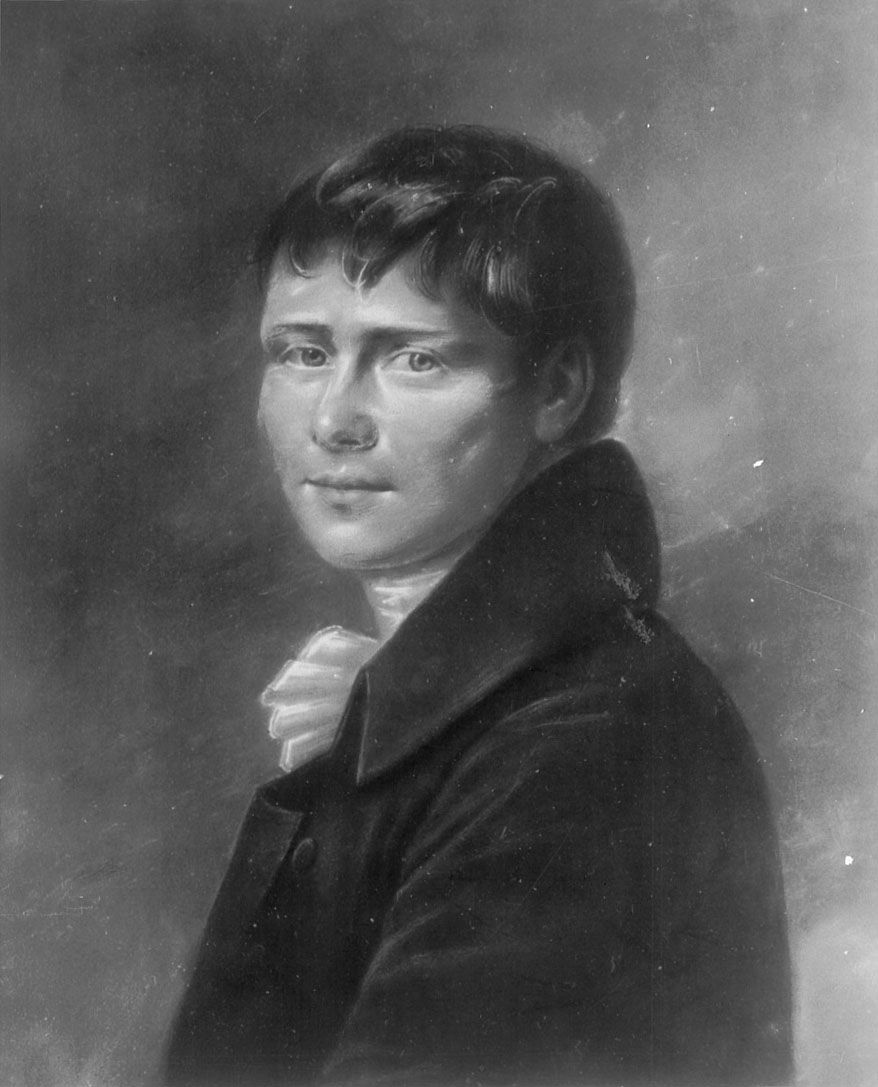RRP: £9.95
BINDING: Paperback
PUBLISHED: 1985
ISBN: 9780946162178
PAGES: 146
CURRENTLY UNAVAILABLE
Heinrich von Kleist, Ludwig Tieck, E. T. A. Hoffmann
Six German Romantic Tales
Translated from the German by Ronald Taylor
This volume of new translations contains several works which, though highly characteristic of their authors, are not readily available elsewhere in English.
Ludwig Tieck gives a fairy-tale form to horror stories that delve darkly into the unconscious. Eckbert the Fair is a compelling study in paranoia and retribution; The Runenberg a story of the mind-destroying power of Nature. In Kleist’s The Betrothal on Santo Domingo, conflict and persecution during the slave revolt of 1803 on Haiti symbolise a world-view in which evil seems destined to prevail over good. The Earthquake in Chile, despite its brevity perhaps the most epic of all Kleist’s stories, presents an extraordinary pile-up of cataclysmic events, at the high-point of which the horror is turned on its head. E. T. A. Hoffmann’s The Jesuit Chapel in G. and Don Giovanni, the latter containing a celebrated and influential interpretation of Mozart’s opera, show the conflict between art and life and the Romantic vision of the artistic vocation.
‘All the varieties of the German Romantic movement are here: magical, musical, political and aesthetic.’ – Stephen Plaice, Times Literary Supplement
‘These tales are not only fascinating in themselves, and for the insight they give into the Romantic imagination, but are also essential reading for anyone interested in the development of the German Novelle.’ – Michael Hulse, London Magazine
HEINRICH VON KLEIST was born in 1777, of an old military family, and served in a guards regiment for six years before resigning his commission and studying science, mathematics and philosophy with a view to entering the civil service, but instead leading a wandering existence for most of the rest of his life. His was a highly unstable personality bordering on schizophrenia, his malaise being heightened by a misreading of Kant’s Critique of Pure Reason, from which he concluded that the human mind could never know truth. He is the author of a number of dramas and novellas which are among the most original and powerful in German literature. He died by his own hand aged thirty-four.
LUDWIG TIECK (1773–1853) was at the centre of the early German Romantic movement, writing prose narratives and plays from an early age. In 1799 he joined the Schlegels’ circle in Jena; he was also a close friend of two other key German Romantic writers, Wackenroder and Novalis. His novella Eckbert the Fair was the inspiration for Judith Weir's opera Blond Eckbert (1994).
E. T. A. HOFFMANN (1776–1822) is celebrated above all for his tales taking the extraordinary and the grotesque to extreme limits, such as The Golden Pot and The Devil’s Elixirs. His underlying desire was always to make a living from music, and for brief periods he held appointments as a kapellmeister; he wrote a number of operas.




